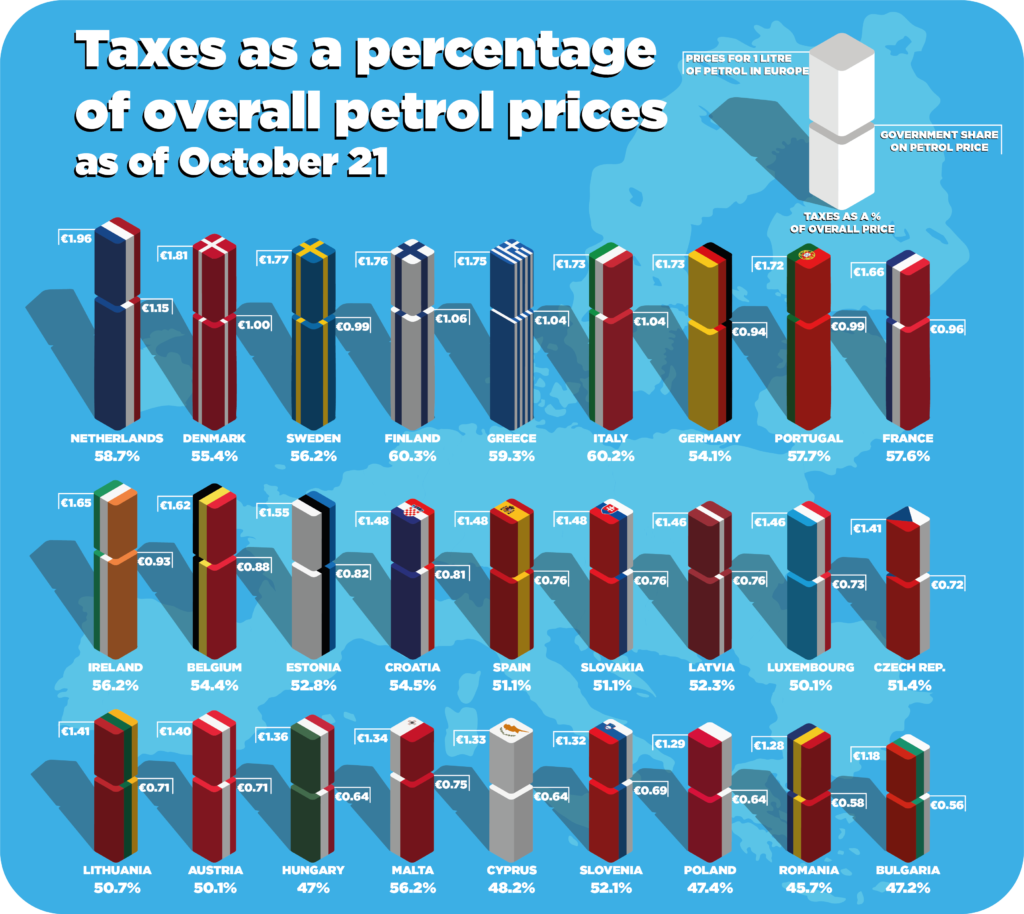Emissions from the transportation sector account for 25% of all EU emissions. In an effort to reduce net greenhouse gas emissions by at least 55%, the European commission announced its plan to ban the sales of new cars that produce carbon emissions by 2035. Enabling this sales ban would require approval from all member states, and it could take up to 2 years to obtain it. The EU has set an ambitious goal of becoming the first climate-neutral continent by 2050, and achieving this goal requires equally ambitious changes to be made.
Massive adoption of electric cars is thought to be a good strategy to fight climate change. Green groups, like Greenpeace, are advocating for financial incentives for EVs while disincentivizing the sale of diesel and petrol cars. But there are many aspects that have to be taken into consideration before EVs are dubbed as environmentally friendly.
EVs have a lot of advantages: they are low maintenance, don’t run on fuel, therefore produce no emissions, fully charging them is a lot cheaper than filling up a tank of a motor vehicle. But they come with downsides too. EVs require electricity to be charged and if the electricity itself does not come from clean sources such as hydro, solar or nuclear power and is instead produced by burning fossil fuels, would they make any difference? Adopting electric vehicles only makes sense if countries rely on low-carbon energy supply sources and have the ability to store renewable energy. As of today, it is a big challenge for many European countries, not to mention developing countries.
Another problem with electric vehicles is the lack of infrastructure. Currently, most EU countries lack charging stations, and it would require 1.8 billion investment to deploy the target number of charging points. Recently, auditors have also dubbed the deployment of electric vehicle charging stations as too slow.
However, while it is important to discuss how exactly our transition to EVs is going to work, there is a greater issue at play. Banning the sales of motor vehicles reinforces the dangerous precedent of the government picking winners and losers. Drivers of the internal combustion engine cars are already some of the most heavily taxed consumers. They face various taxes and charges that account for most of their mobility costs. Price of petrol and diesel is excessively high and the average government share of fuel price across the EU varies between 44-59%. (Read our recent paper to find out more on this topic)

Arguments can be made for and against both electric and internal combustion engine vehicles. The main issue is that rather than leaving it up to consumers to choose their desired technology, the government is making the final call for us. Automobile companies are already working towards making internal combustion engines more fuel efficient and according to EEA “carbon intensity of newly-registered gasoline-powered cars in Europe fell an average of 25% between 2006 and 2016”.
Transition to EVs should happen naturally and not forced upon us by government bodies. Many companies are voluntarily shifting their manufacturing process towards the EVs and European consumers are quite open to the idea of purchasing electric cars. And all of this is happening without government mandates! The European Union should adhere to technology neutrality to preserve consumer choice and foster innovation.




